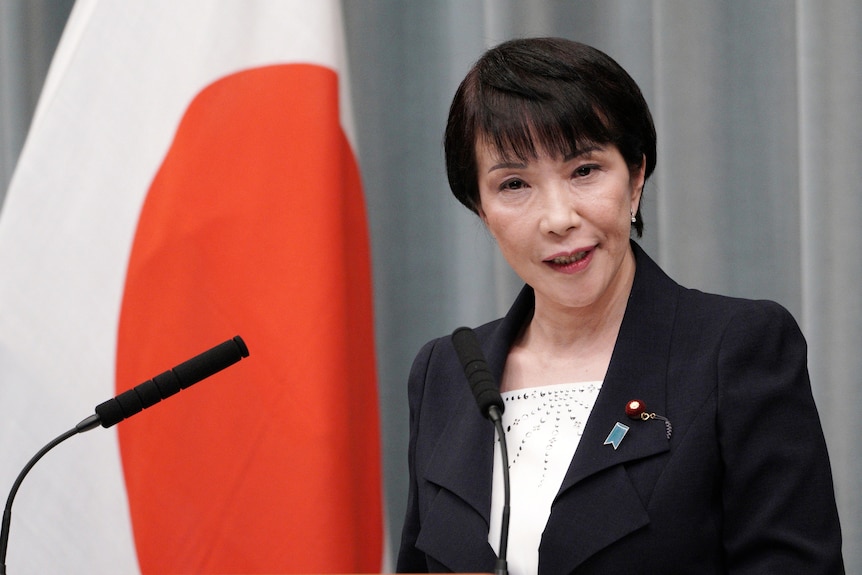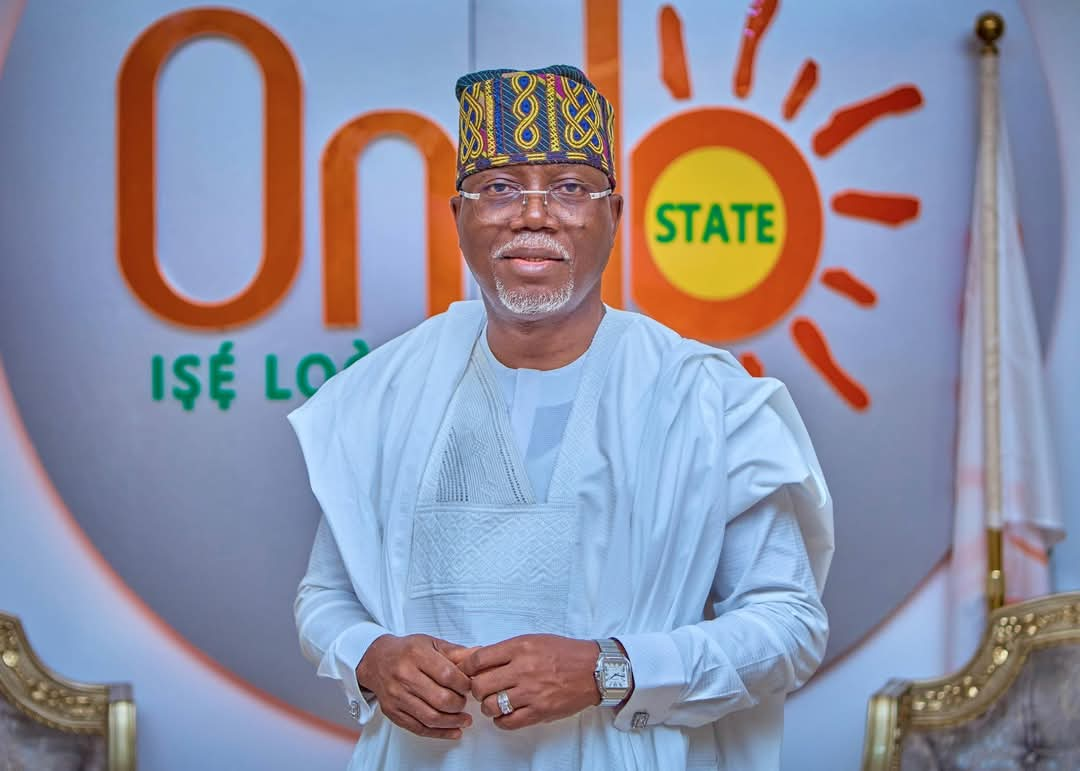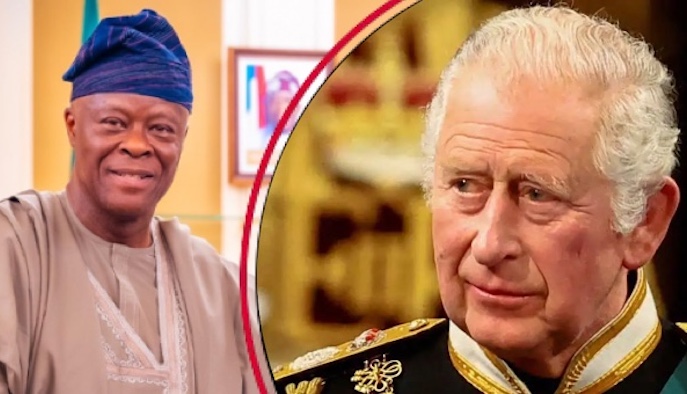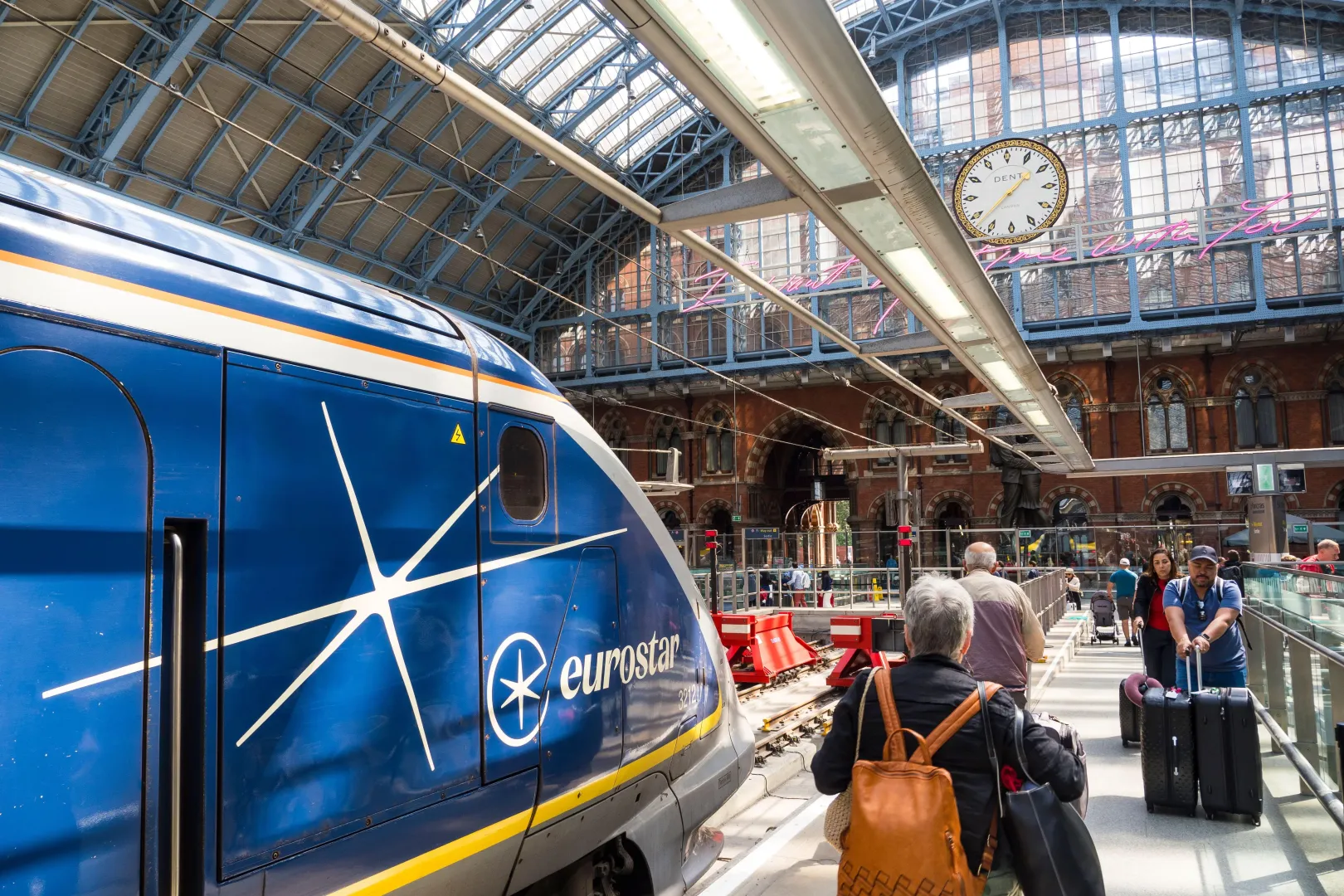European Union announces €410m “Omi Eko” project to launch electric ferries, cut emissions, and decongest Lagos roads as part of its Global Gateway plan.
The European Union has committed €410 million ($478 million) to develop an electric waterways transport system in Lagos, in what officials describe as a major step toward easing traffic congestion and promoting cleaner urban mobility in Nigeria’s commercial capital.
EU Ambassador to Nigeria and ECOWAS, Gautier Mignot, announced the plan on Wednesday during the University of Lagos’ 18th annual research conference, saying the investment will support the “Omi Eko” project — a large-scale initiative to shift commuters from the city’s overcrowded roads to an electric ferry network.
“This project will help us move more quickly from one point to another through the water, and not be stuck in traffic jams,” Mignot said. “It’s a €410 million ($478 million) investment with France and the European Union to establish this network in the coming years.”
The new electric waterways system will include the construction of terminals, dredging of key routes, and the introduction of high-capacity electric ferries on strategic corridors. The network will also be linked with Lagos’ expanding road and rail systems, creating a multimodal transit model aimed at improving speed, reliability, and sustainability.
Read Also: EU Mission Warns, Nigeria Totally Unready For 2027 Elections
Officials say the project reflects the EU’s broader vision of green, digital, and inclusive transitions under its Global Gateway Investment Strategy. The initiative seeks to drive infrastructure and technology partnerships across Africa and beyond.
Mignot highlighted the environmental and economic significance of the investment, noting that it will reduce carbon emissions and help Lagos — Africa’s most populous city — confront its long-standing urban mobility crisis. The city’s roads are often gridlocked for hours, costing billions in lost productivity each year.
Beyond transport, the EU ambassador also reaffirmed Europe’s commitment to global scientific collaboration, emphasizing the importance of research and innovation. He said the EU has allocated €100 billion ($117 billion) under the Horizon Europe program — a funding framework for international research between 2021 and 2027.
“We know that research is most efficient when it’s universal, when it crosses borders,” Mignot said. “Many Nigerian teams are already benefiting from this support.”
He added that the EU’s long-term partnership with Nigeria will continue to focus on sustainable development and digital transformation, including the ethical use of artificial intelligence.
“With the green, digital, and inclusive transitions, our cooperation with Nigeria remains key,” he said. “Together, we can make these transformations a reality — for people, not just for technology.”










